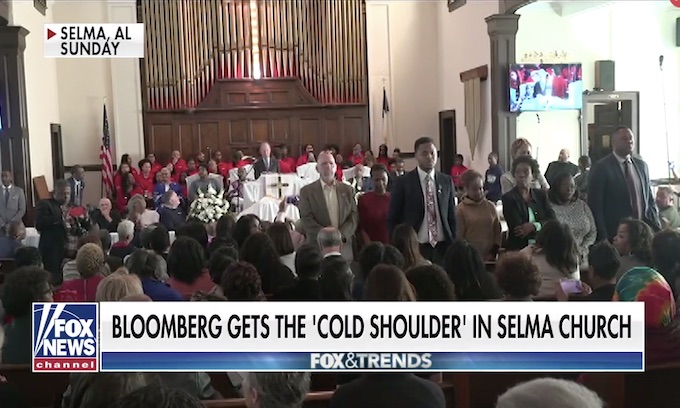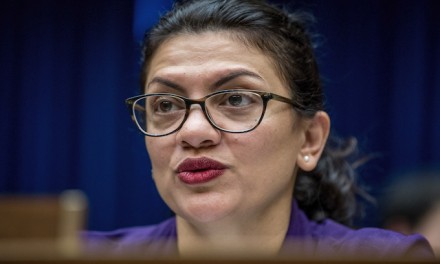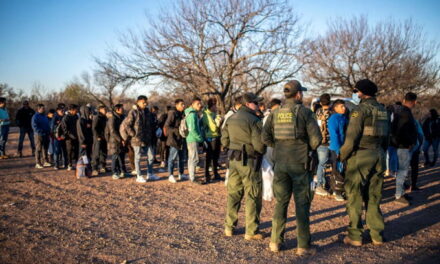Mike Bloomberg faced a small but tense protest at the historic Brown Chapel in Selma, Alabama, on Sunday, a handful of people standing and turning their backs on the former New York mayor as he spoke in the pulpit.
Even before Bloomberg began speaking, it was clear his presence at the black church, which was the epicenter of the civil rights movement in Selma, was controversial.
Pastor Leodis Strong prefaced the mayor’s speech by saying that when he first invited Bloomberg, he rebuffed the invitation only to later change his mind.
“It shows a willingness on his part to change,” Strong said, before adding that he wanted Bloomberg to come to Selma to listen to people.
But several in the audience could be heard whispering in contempt – referencing the stop-and-frisk policing policy he pursued in New York and his immense wealth.
One of the people who turned his back to the mayor was Ryan Haygood, president and chief executive of the New Jersey Institute for Social Justice.
As Bloomberg spoke, he said, he thought about the kind of police brutality the civil rights organizers faced in the chapel 55 years ago as they protested for equal voting rights.
Bloomberg, Haygood said, presided over the same kind of tactics as mayor of New York. As he realized the Democratic candidate was not planning to address that issue, Haygood said, he decided to turn his back.
“I thought this would be the place where he could finally say once and for all, ‘Let me own what I did, let me atone for it,’” Haygood said. “He didn’t even touch it which is more disrespectful. And some of the foot soldiers were in the building, who were brutalized.”
Bloomberg, who apologized for stop-and-frisk in November, was one of several high-profile figures to attend a nearly four-hour service Sunday, including former vice-president Joe Biden, Massachusetts senator Elizabeth Warren and former Georgia gubernatorial candidate and voting rights campaigner Stacey Abrams.
Biden and Warren were fresh off the South Carolina primary, which Biden won handily, confirming his strength with the black community.
He earned a warm welcome at the chapel, where he spoke about the legacy of the civil rights movement and the need for healing in the face of division.
“When I get up in the morning sometimes I wonder whether its 1920 or 2020,” he said. “I’m serious, think about it.”
Biden evoked Barack Obama, congressman and civil rights veteran John Lewis and the importance of the church, which continues to be a key force in politics in Alabama. He also playfully suggested that Abrams, the keynote speaker who rose to national attention in 2018, could be president or vice-president to come.
Abrams closed the service with a speech about voting rights in the south and her decision to fight for them through the Fair Fight 2020 campaign.
Copyright © 2020 theguardian.com. All rights reserved.
—-
This content is published through a licensing agreement with Acquire Media using its NewsEdge technology.



















Recent Comments